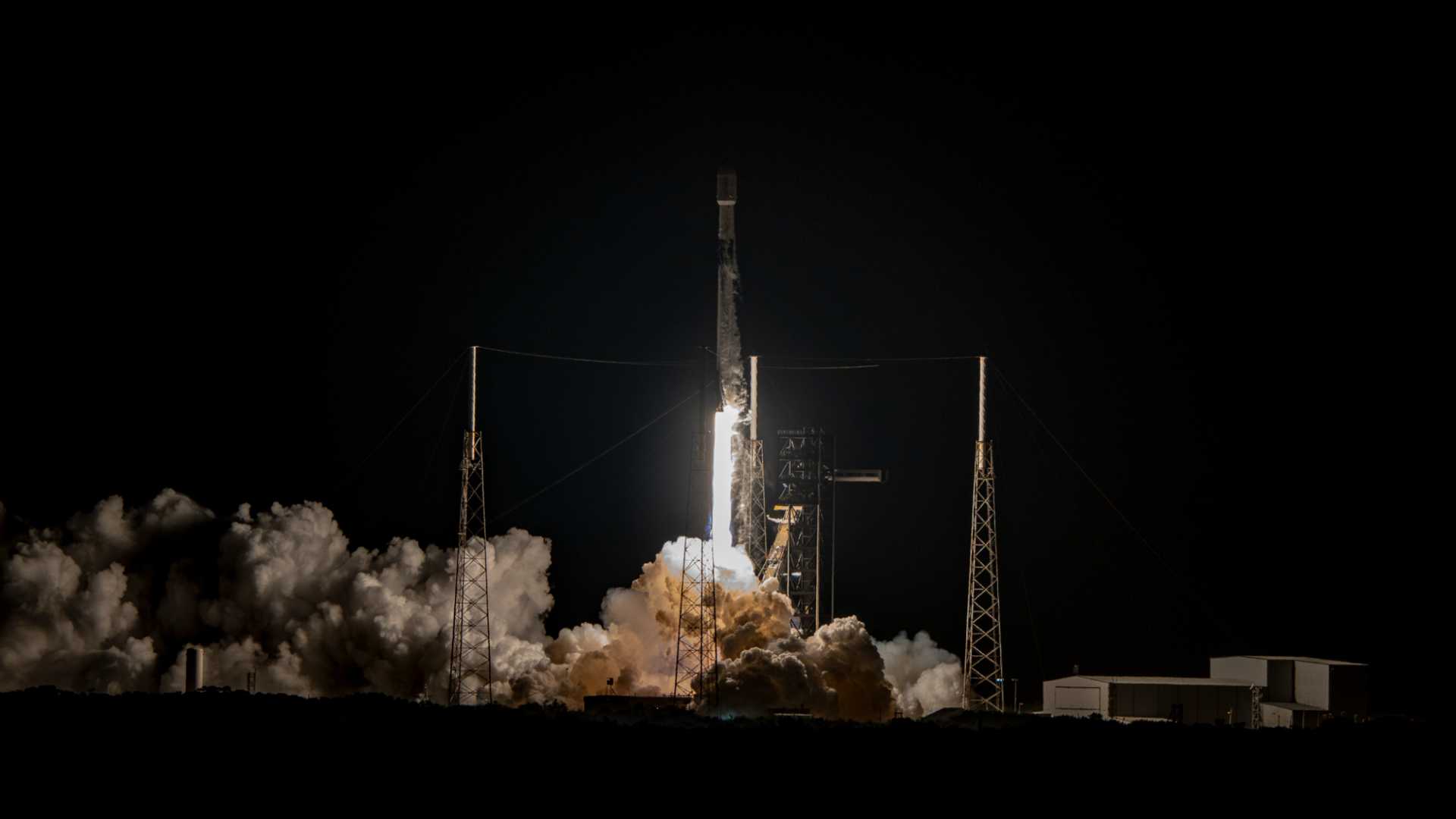Tech
SpaceX Launches Two Falcon 9 Rockets for Starlink Satellites

Cape Canaveral, Florida — SpaceX successfully launched two Falcon 9 rockets carrying Starlink satellites on Saturday, June 28. The rockets lifted off at 12:26 a.m. and 1:13 p.m. EDT from Space Launch Complex 40 in Florida and Space Launch Complex 4 East in California, respectively.
The early morning mission deployed 27 Starlink satellites, while the afternoon launch added 26 more to SpaceX’s growing constellation, bringing the total number of active satellites to over 7,900. Each rocket reached its target altitude around nine minutes after launch and successfully deployed the satellites about an hour later.
The first stage of the Falcon 9, designated B1092, landed on the drone ship “A Shortfall of Gravitas” off the Florida coast, marking its fifth flight. The other booster, B1088, returned to “Of Course I Still Love You” in the Pacific, completing its eighth flight.
SpaceX’s Starlink project aims to provide low-cost internet access to remote areas around the world. Currently, there are concerns from the astronomical community regarding the potential impact of such a vast network on space observations. Critics argue that the brightness of these satellites could interfere with night sky visibility.
Researchers, including Jonathan McDowell, an astronomer, note that as of June 26, 2025, there are 7,875 Starlink satellites in orbit, with 7,855 operational. This figure prompts ongoing discussions about the future of satellite technology and its implications for astronomy.
SpaceX has also faced scrutiny regarding the risk of satellite collisions in low Earth orbit. Hugh Lewis, a space debris expert, has highlighted that Starlink satellites represent a significant collision risk due to their increasing numbers. As SpaceX expands its fleet, the safety of space operations will continue to be a priority.
In response to these concerns, SpaceX is committed to collaborating with organizations to mitigate the impacts of its megaconstellation. Patricia Cooper, SpaceX’s vice president of satellite government affairs, has assured astronomers that they are dedicated to finding solutions that do not impede astronomical research.












